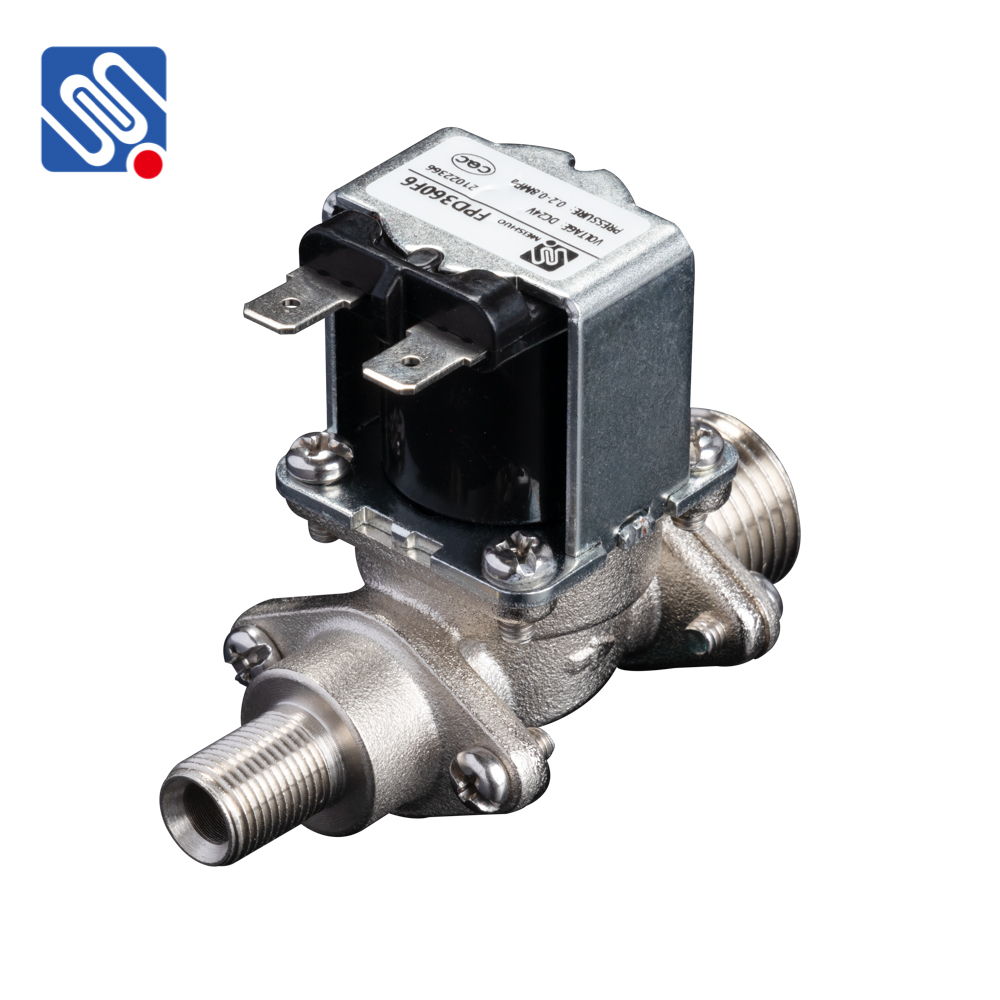A Flow Control Solenoid Valve is a critical component in various industries, providing efficient control over the flow of liquids or gases in automated systems. With its ability to precisely regulate the flow rate based on electrical inputs, this valve plays an essential role in the functioning of hydraulic, pneumatic, and other fluid-based systems. In this article, we will delve into the working principles, key features, applications, and benefits of the Flow Control Solenoid Valve.

What is a Flow Control Solenoid Valve? A Flow Control Solenoid Valve is an electrically operated valve that regulates the flow of fluid (either gas or liquid) within a system. The key function of this valve is to adjust the flow rate by controlling the size of the opening through which the fluid passes. Unlike traditional manual valves, the flow control solenoid valve is controlled via an electric signal, allowing for automated and precise flow control. This feature is particularly beneficial in systems that require frequent adjustments or that operate under varying conditions. How Does a Flow Control Solenoid Valve Work?
Leave a Reply